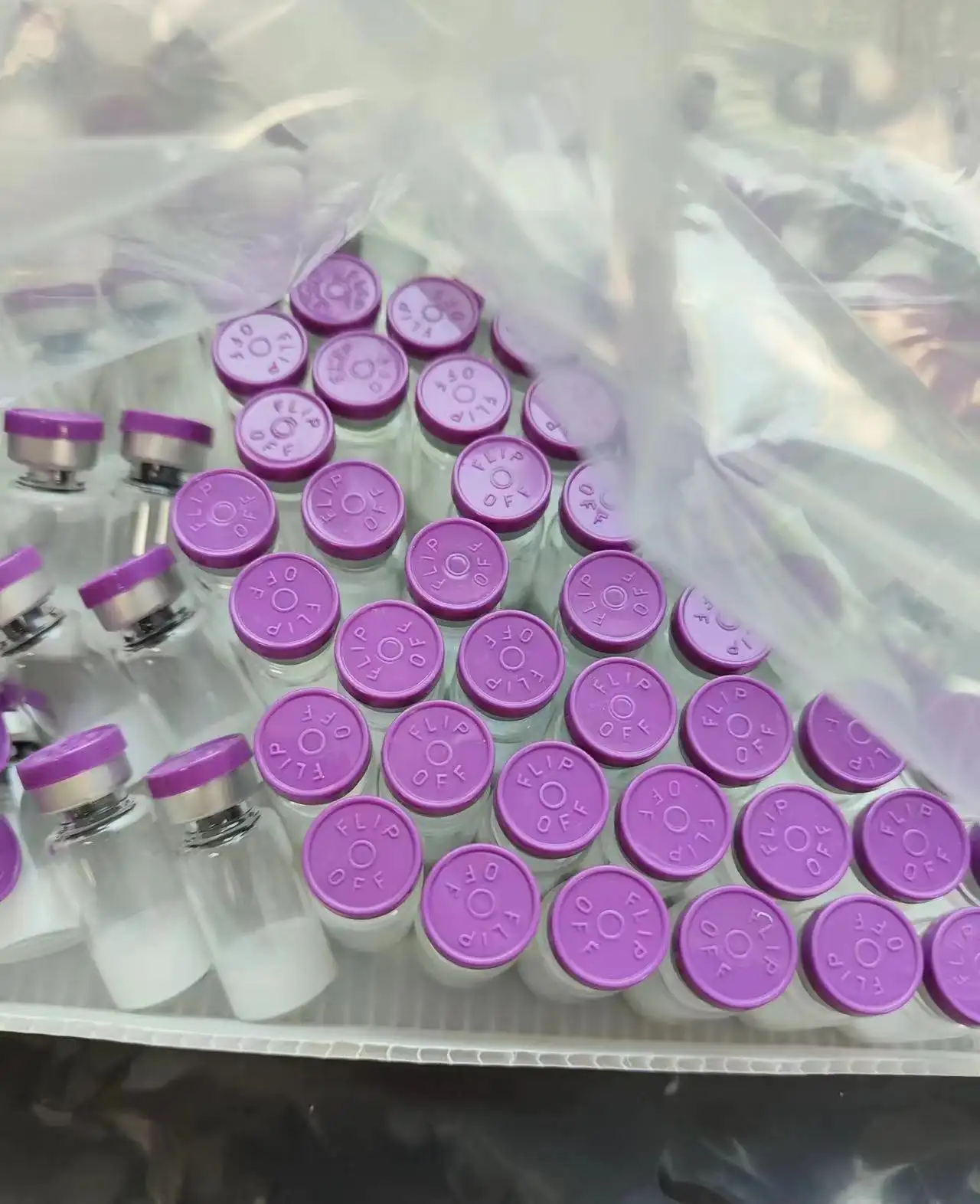-
Categories
-
Pharmaceutical Intermediates
-
Active Pharmaceutical Ingredients
-
Food Additives
- Industrial Coatings
- Agrochemicals
- Dyes and Pigments
- Surfactant
- Flavors and Fragrances
- Chemical Reagents
- Catalyst and Auxiliary
- Natural Products
- Inorganic Chemistry
-
Organic Chemistry
-
Biochemical Engineering
- Analytical Chemistry
- Cosmetic Ingredient
-
Pharmaceutical Intermediates
Promotion
ECHEMI Mall
Wholesale
Weekly Price
Exhibition
News
-
Trade Service
*For medical professionals
only
In treatment-naïve cases, bacterial abundance was positively correlated
with disease activity.
Executive Summary
On January 5, 2023, a study published in the journal Genomic Medicine found that there are considerable aberrations in the gut microbiota of patients with multiple sclerosis, directly related to blood biomarkers of inflammation, and in treatment-naïve cases, bacterial richness is positively correlated
with disease activity.
Study screenshots
status quo
Multiple sclerosis is a chronic, immune-mediated brain and spinal cord disorder that causes physical and cognitive impairment
in young people.
It is hypothesized that the disrupted bacterial and viral gut microbiota is part of the pathogenesis of
disease-mediated disease effects through altered gut microbiota-brain axis.
Professor Finn Sellebjerg, clinical professor at Rigshospitalet and the University of Copenhagen and one of the researchers, said:
- Some bacterial groups occur more frequently in people with multiple sclerosis, while others are more common in people without multiple sclerosis;
- We also saw that receiving multiple sclerosis treatment appeared to be associated with
changes in bacterial composition compared to patients who did not receive treatment.
conclusion
The study included 148 Danish multiple sclerosis patients and an equal number of healthy control subjects who provided blood and stool samples
at the start of the study and again two years later.
Using genetic analysis, researchers can determine which bacteria are in the gut and what effects these bacteria have
.
When all multiple sclerosis cases were compared to healthy controls, the study found:
- There were varying abundances of 61 bacterial species, of which 31 were enriched in cases;
- Inflammatory marker clusters consisting of blood leukocytes, CRP, and blood cell gene expression of IL17A and IL6 were positively correlated with multiple sclerosis-associated species clusters;
- In cases of treatment-naïve multiple sclerosis with active treatment of the disease, a richer bacterial species was positively correlated with a group of plasma cytokines including IL-22, IL-17A, IFN-β, IL-33 and TNF-α;
- The richness of bacterial species in treatment-naïve multiple sclerosis cases was related to the number of relapses at 2 years of follow-up;
- In addition, multiple sclerosis cases have high virus species diversity and high phage abundance
.
prospect
Professor Oluf Borbye Pedersen of the University of Copenhagen said:
- Perhaps the most interesting aspect of the study is that we found specific gut bacteria that produce certain fatty acids that we can't form on our own, as well as a substance called urolithin;
- If these observations can be confirmed in independent studies, the next step would be to initiate therapeutic trials such as cocktails of anti-inflammatory, green diets and next-generation probiotics that also modulate immunity but are not yet on the market;
- Unfortunately, there is still some way to go
before we can provide specific advice on lifestyle or bacterial supplements that enhance health.
Sellebjerg added:
- We can't do anything about some of these things, for example, we can't get rid of the Epstein-Barr virus, we can't change genetics, etc.
, but we can quit smoking and take vitamin D supplements, although these are not strong risk factors; - However, we are now beginning to identify some bacterial strains with beneficial effects;
- Perhaps in the long term, the patient will be able to take dietary supplements that promote the development of the right gut bacteria, or we can take gut bacteria
that promote good metabolism of the gut. - Our results give us a few more pieces of the 10,000-piece puzzle in multiple sclerosis, but there is still a big gap;
- The big difference is that the debris we find is beginning to reveal systems that we can manipulate without the side effects
that some drugs can have.
Click "Read Original" to get more clinical dry goods







